State
Tennessee’s Republican supermajority has passed, or is in the process of passing, several regressive bills that stimulate the GOP’s culture war fetish and codify its brand of American fascism. So far in February and March, lawmakers have used invented scenarios (a la bathroom bill) to enshrine the male, cisgender, straight, Christian, white existence.
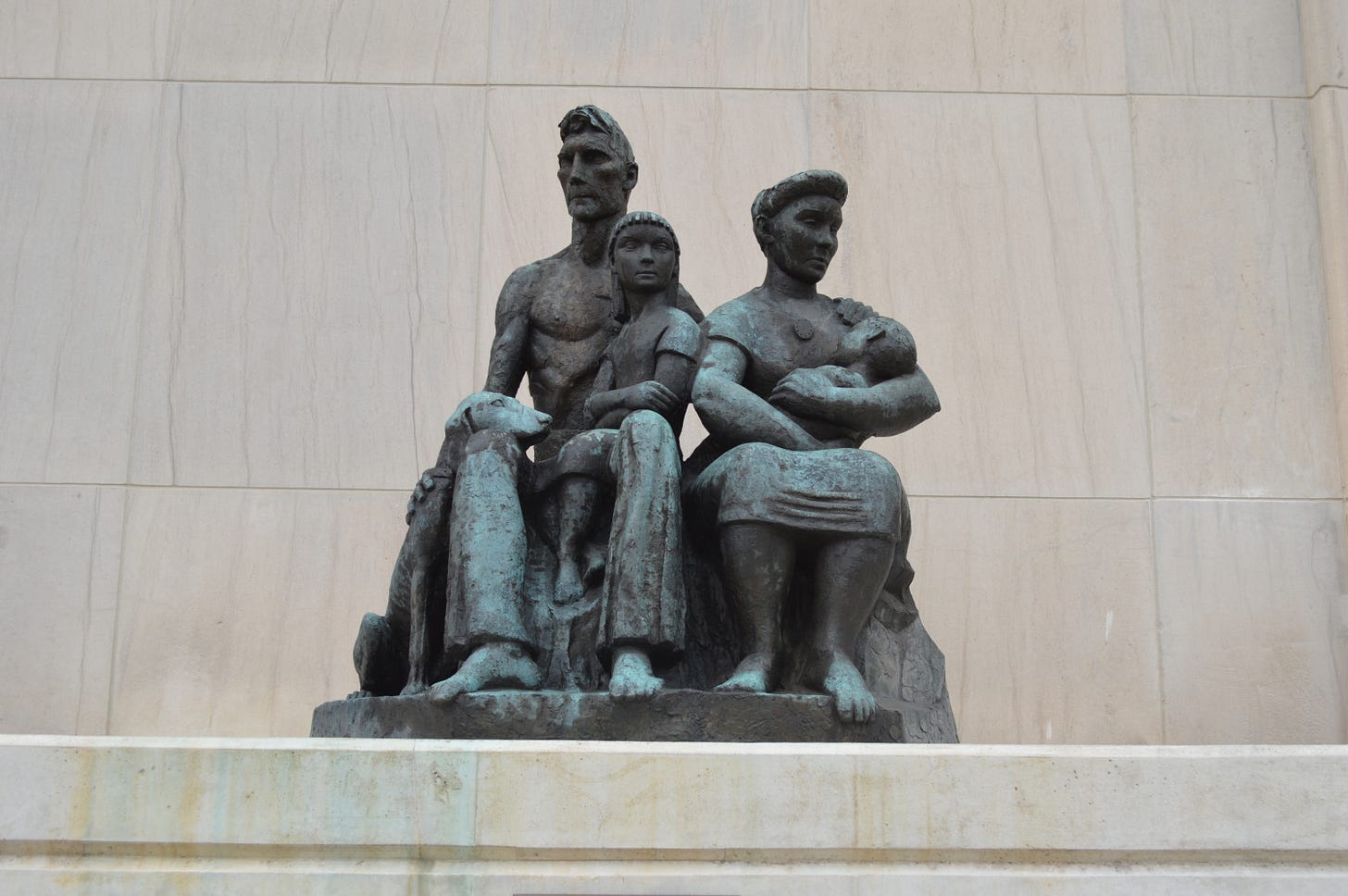
Force women to compete as men in high school athletics. State athletic officials will enforce this by demanding to see students’ birth certificates. Signed into law
Legally require the cremation or burial of a fetus after an abortion. Passed subcommittee, expected to pass
The impregnator can stop a woman from having an abortion. This is explicitly unconstitutional. Making its way through both chambers, expected to pass
Aggressively racist attempted insurrectionist (she was there) Laurie Cardoza-Moore will be appointed to the state’s textbook commission. She’s a serious anti-vaxxer, very pro-Arab and pro-Muslim genocide, all but Q-pilled, and ready to purge Tennessee schools of Marxist propaganda.
The Bible will be the official state book of Tennessee. It will probably pretty quickly be considered as a textbook. Passed the House last week, now in the Senate.
Helpfully decided that local governments can’t enforce labor protections for workers, a preemption of Nashville’s response to construction site deaths and injuries, specifically the death of Gustavo Ramirez (16 years old) last summer.
The Republican supermajority in the State House and Senate has only grown stronger in the past decade. The last I heard from an “insider” person—a staffer in Rep. John Ray Clemmons’ office—kept talking about how it would take a “10-year plan” to gain back ground for Democrats and shift power back to balance. Unfortunately there was no plan, and it’s not clear there is one today. Democrats are losing everywhere. It’s not that the path is treacherous or requires a lot of work or money, it’s just not clear that the institution tasked with charting one—TN Democratic Party—is interested in or capable of figuring out how to win seats. A new party chairperson was elected in January and so far, that’s meant a different name on the bottom of fundraiser emails. In the best case, there’s a secret plan.
Local
On March 19, an MNPD email revealed the latest in its one-sided war on unhoused people. Officer Garrett Short detailed police plans to “end homelessness” under the Jefferson Street bridge in a strategic homelessness-ending partnership with the Salvation Army. Across town, The Village at Glencliff (Open Table x Ingrid McIntyre) prepares to open in time to remind the city that you house people with houses.
Meanwhile, the state is passing a law so cops can charge unhoused people more easily and with increased penalties.
Moving Nashville Forward, a project of Gideon’s Army, announced the 37208 Demonstration, a guaranteed basic income project in North Nashville. The project aims for $1000 to 100 families for 10 months ($1m total). It was launched by two locals: Jamel Campbell-Gooch, Deputy Director of Gideon’s Army and a black organizer, educator, and historian who grew up in North Nashville. And Read Ezell, an MBA and UVA graduate currently at Vanderbilt business school, the son of seemingly very well-connected businesspeople Kate Ezell (consultant and serves on lots of boards) and Steve Ezell, a developer. Seems like a duo that can raise money and get it to people who need it. Campbell-Gooch’s Tennessean op-ed (March 10) arguing for a GBI pilot in Nashville.
The Exit/In is under contract to AJ Capital, a Chicago-based developer that did the Graduate Hotel on West End. Also this month, the owner of the Station Inn (Gulch music spot) died, implying that it has an uncertain future. This is the latest round of Old Nashville epitaph stories, usually squeezed for all they have (especially by TheScene) that go: “<Authentic Nashville spot> sold/demolished/changes hands, things aren’t how they used to be. What’s next?? <Other Authentic Nashville spot>?” It is a click-bait feedback loop that pretends to be informative even though the story is completely devoid of structural economic discussion.
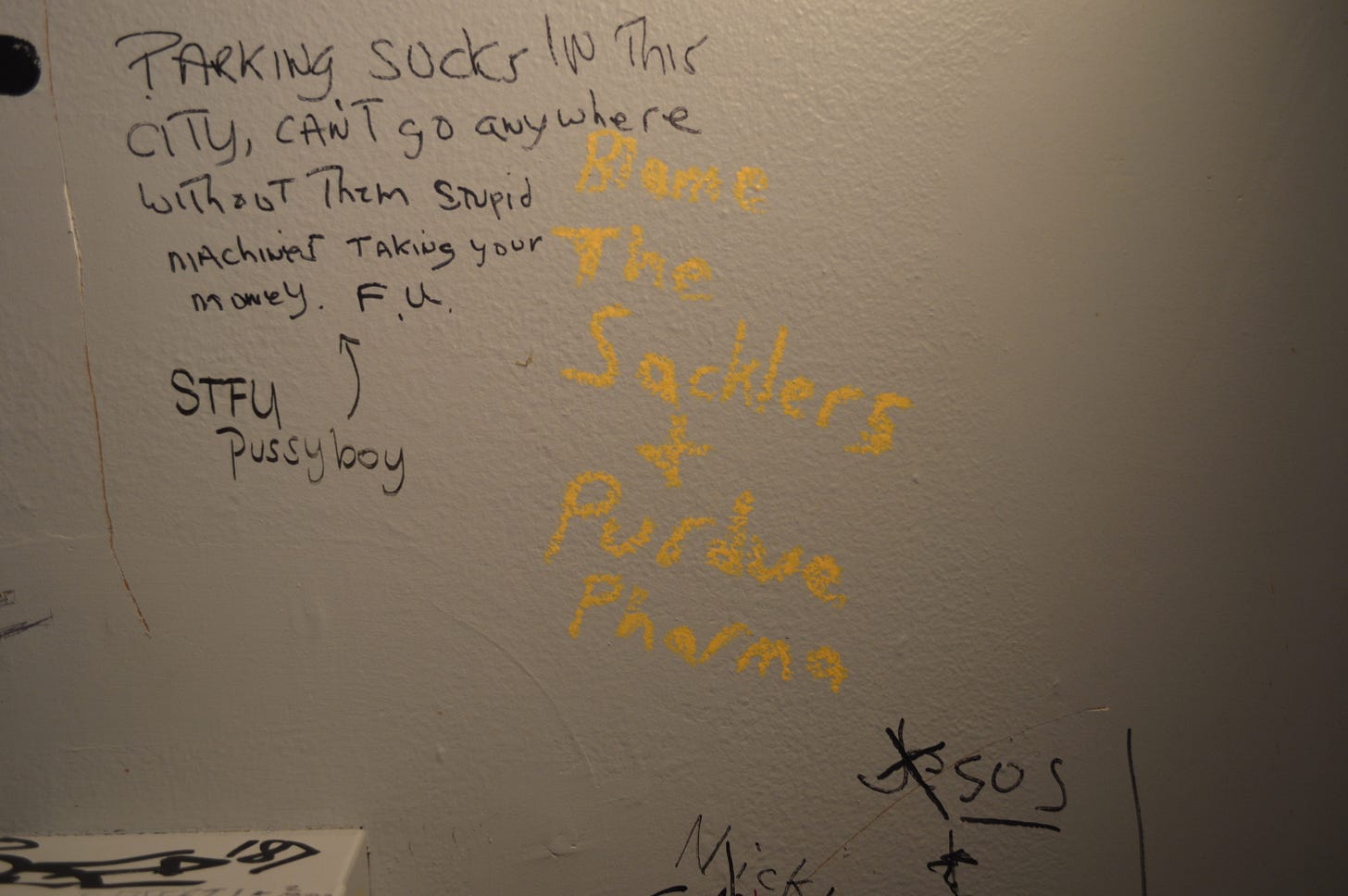
Elliston Soda Shop, 8th Ave Antique Mall, Rotier’s, Brown’s Diner, and Vandyland don’t make enough money to keep up and they get bought. Two problems with this:
1) These stories employ a confusing logic, almost like sentimentality should be currency: “This is an authentic place and therefore should exist.” These are businesses that have revenue and expenses. The fact that they represent something to people doesn’t pay money. The fact that they represent something to enough people that their closure is Scene-worthy yet they still can’t survive means people care about them in an abstract way and not in a financial way. Guess which keeps places open?*
2) Old Nashville is a fiction constructed by and for wealth and the white gaze. It continues to serve the very important purpose of constructing an in-group—the people who remember, who care about Nashville’s soul—that is built and strengthened while it mourns together. The people writing and reading culture-making about “authentic” and “old” Nashville, a big city-small town where you pump gas next to Dolly and John Prine buys you last call, are reproducing a product for each other. Old Nashville is an identity claimed and projected for a certain class, which constructs that fiction with rose-colored glasses to give itself meaning. Sure these places existed, but what they stand for is something that is retrospectively defined (*Ch_rry Tr__s*) constantly invented, ascertained, and reinvented by people through collective nostalgia and Scene articles. Vandyland is not “good” just like Bastion or Pinz isn’t “bad,” each just has a different function for different groups—in memory and life. Some survive and some close based on how money flows. Increasingly, frustratingly, this public nostalgia is performed by people who write and read about Bi-Rite with Turnip Truck bags in the passenger seat.
*Pancake Pantry is a good example of a place that is both sentimental and thriving. It’s aligned with New Nashville lifestyle (brunch but country, Hillsboro village), pulls tourist dollars, and survives. Portland Brew and Donut Den work as well, for the same reasons.
I am sad, too, but I try not to let extractive development get made out like a force of nature. I think the economy should be different. Maybe it could trigger tax breaks for institutions around which we build community and identity? But it doesn’t.
Better coverage would talk about why we consider these institutions, all of them independent small businesses, how they fail, and how they’re allowed to fail and by whom. Any talk about what they do for this city and the unquantifiable costs of their failure.
edit: an earlier version included a sentence describing public nostalgia as ‘reactionary.’I deleted this short sentence because its political connotations made it confusing and non-descriptive in context. My intent was to describe a perceived preference to mourn old institutions rather than imagine or build new ones.



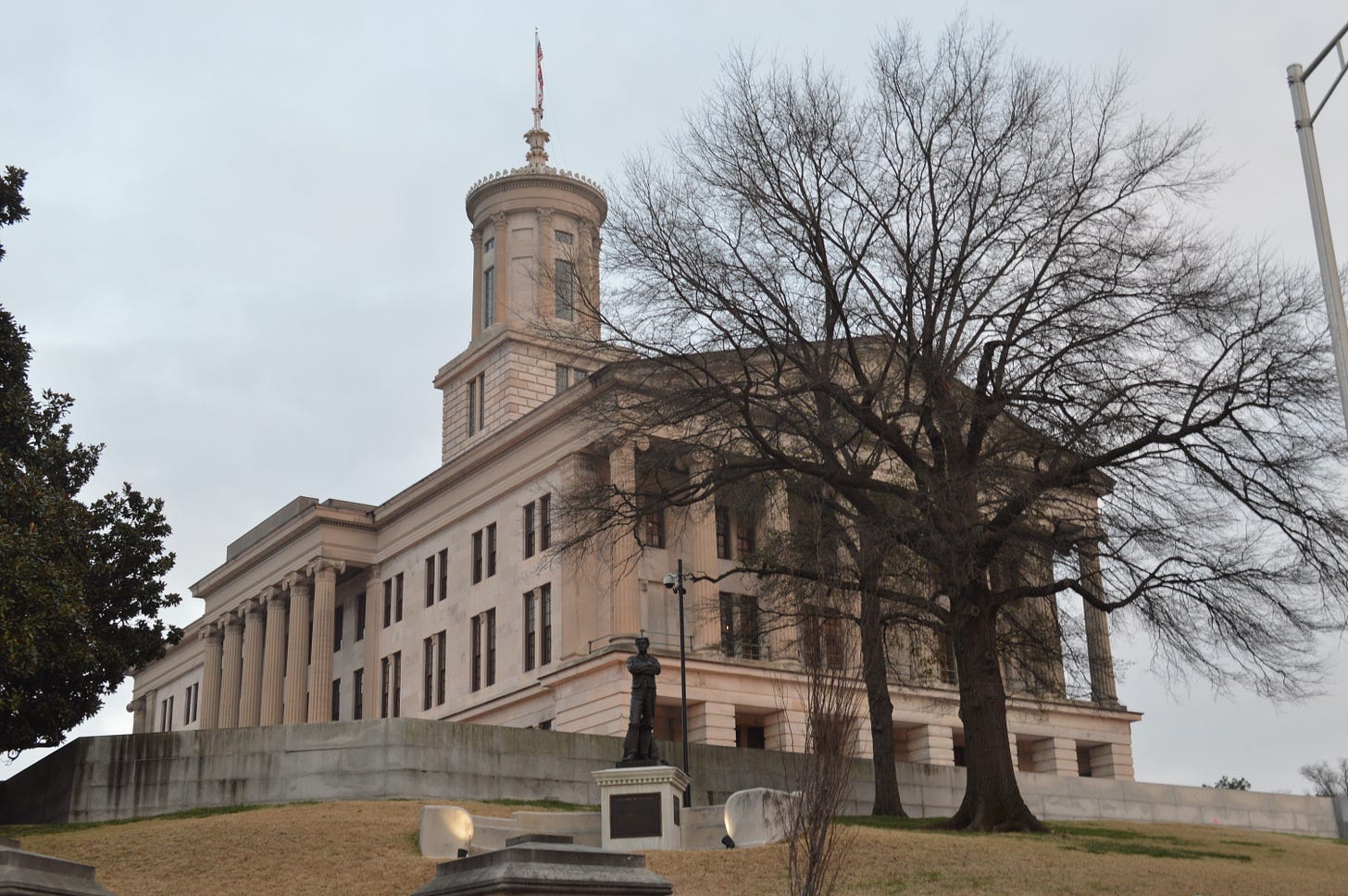
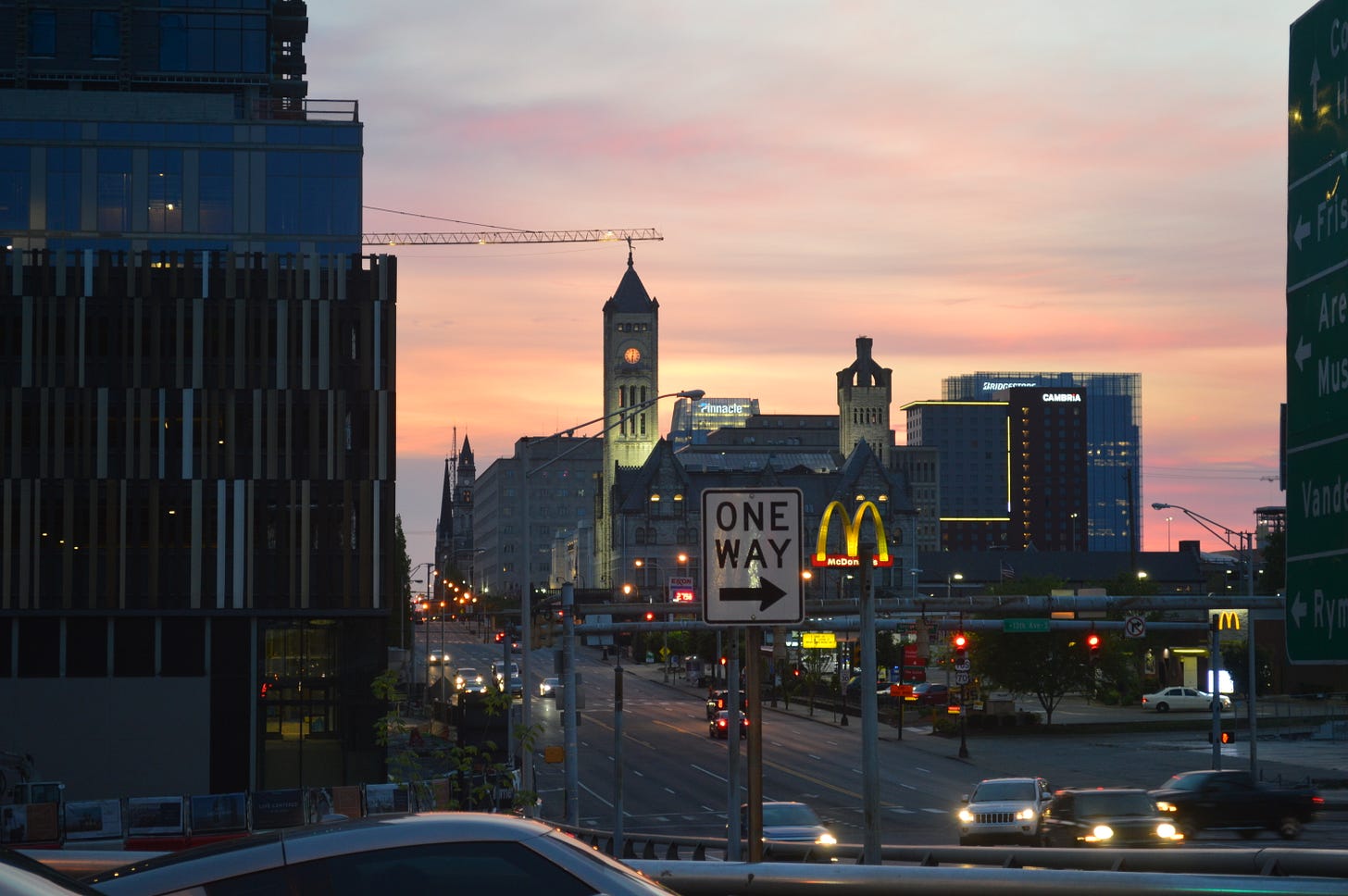
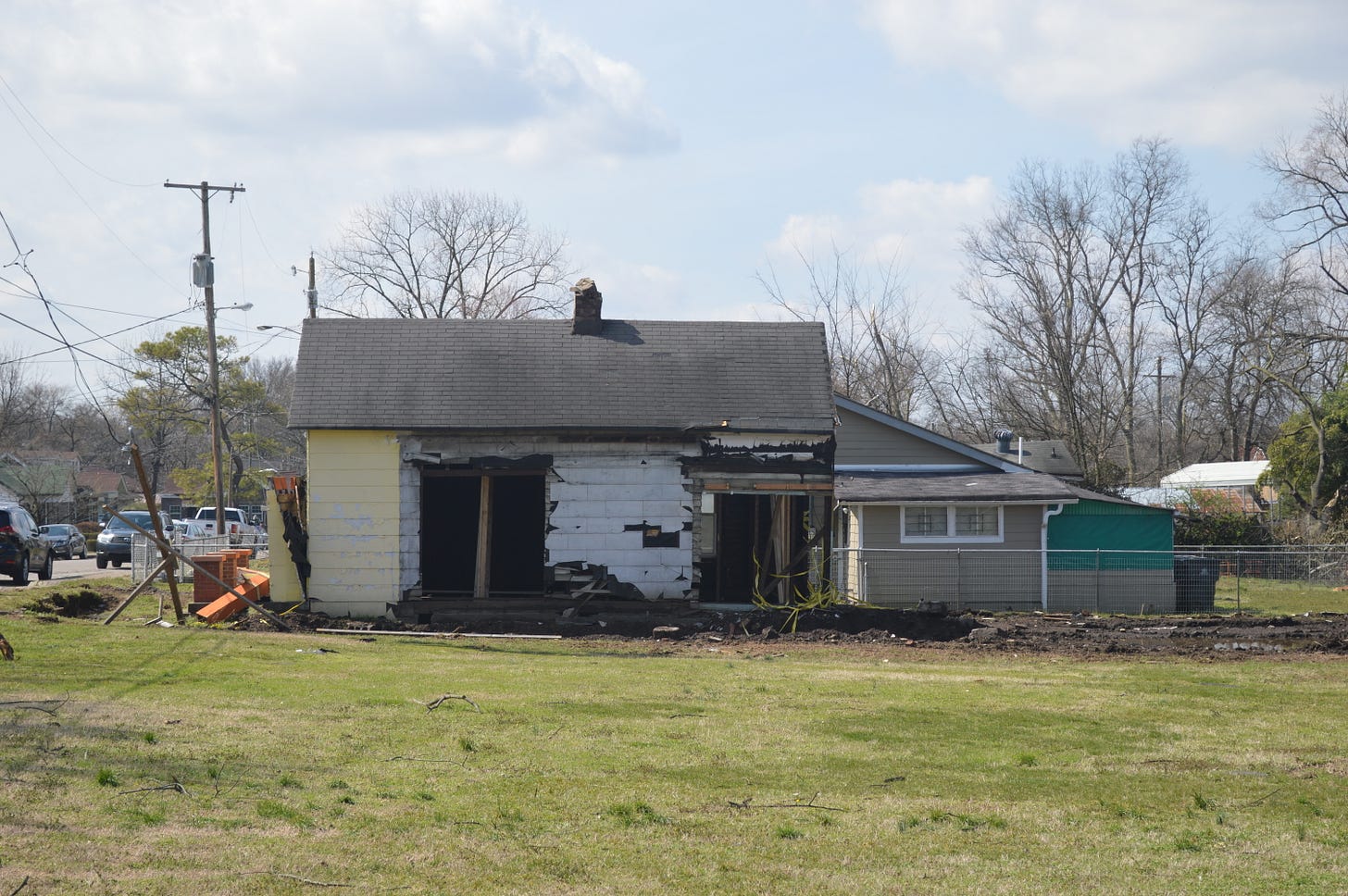
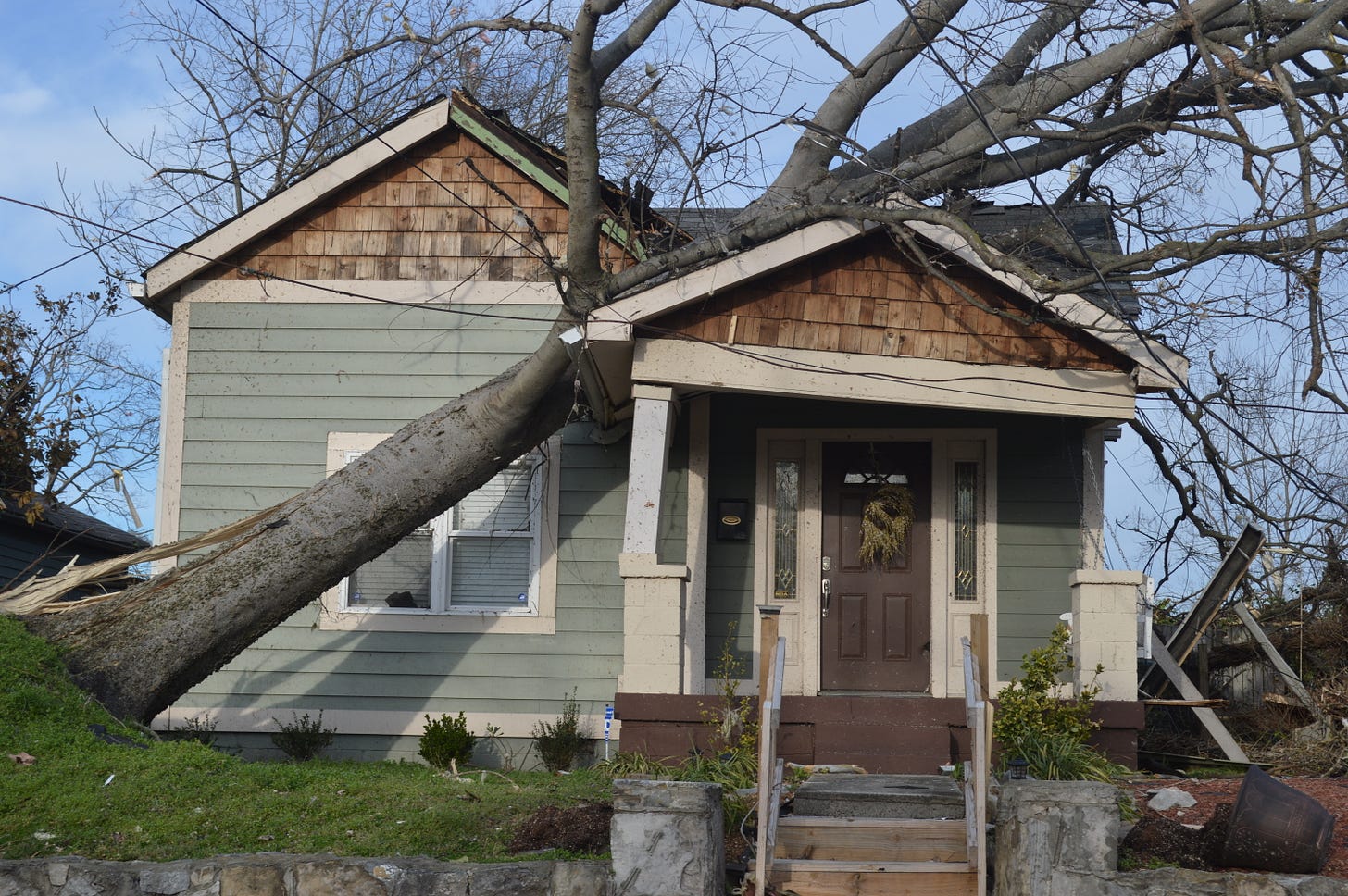
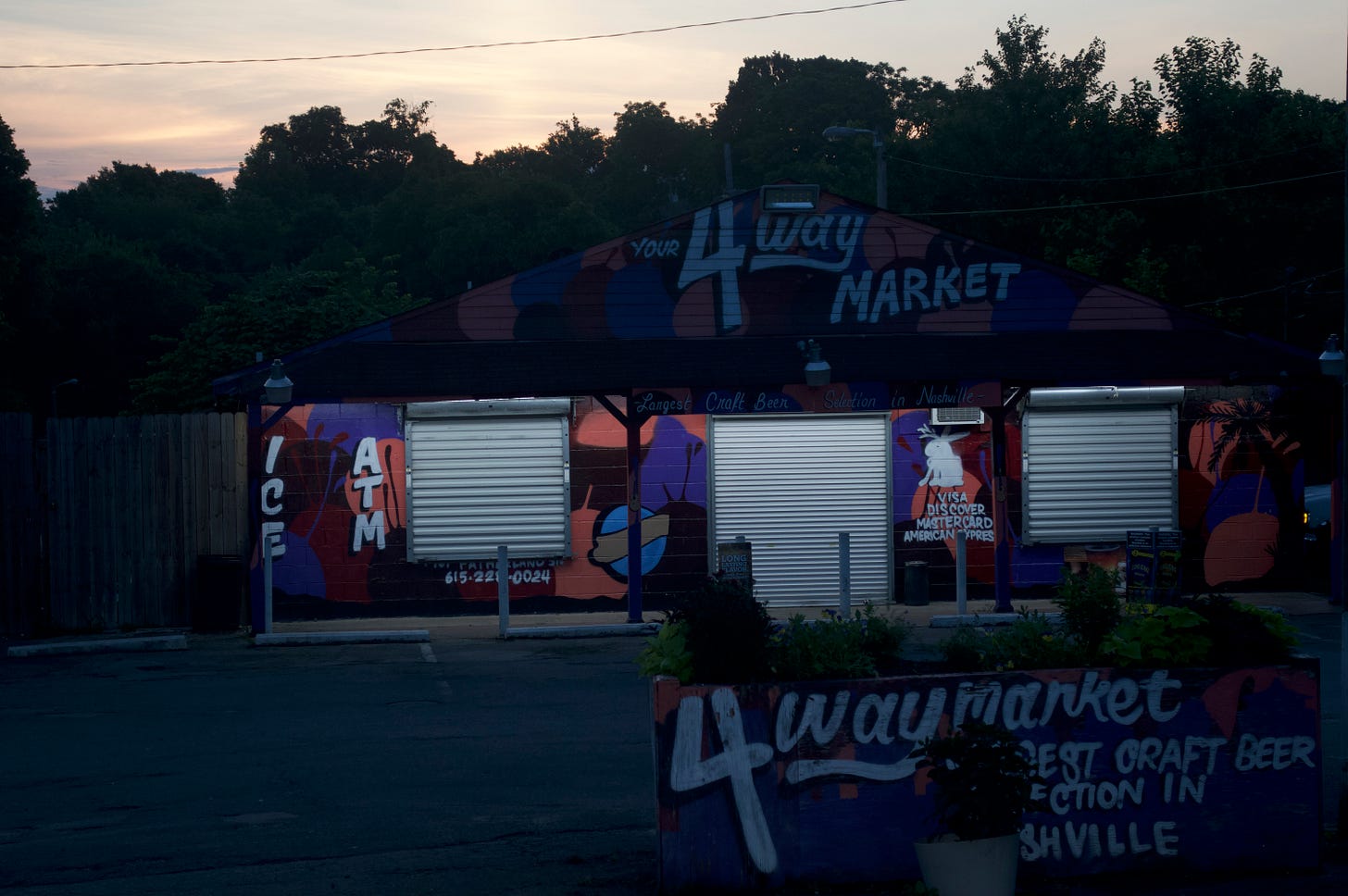
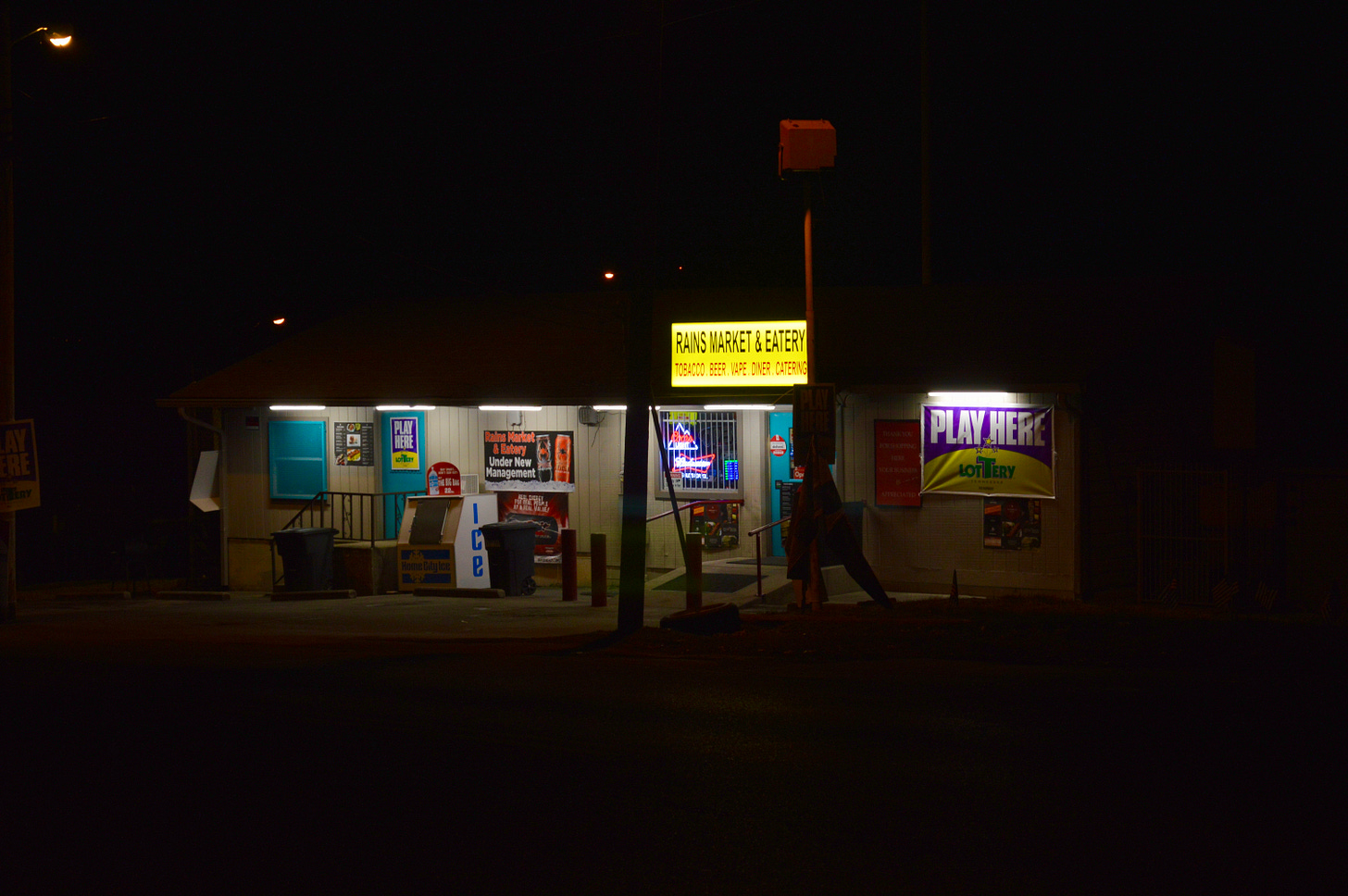
I think you can safely coin either the term "fascist nostalgia" or "nostalgic fascism." Both seem to apply here...